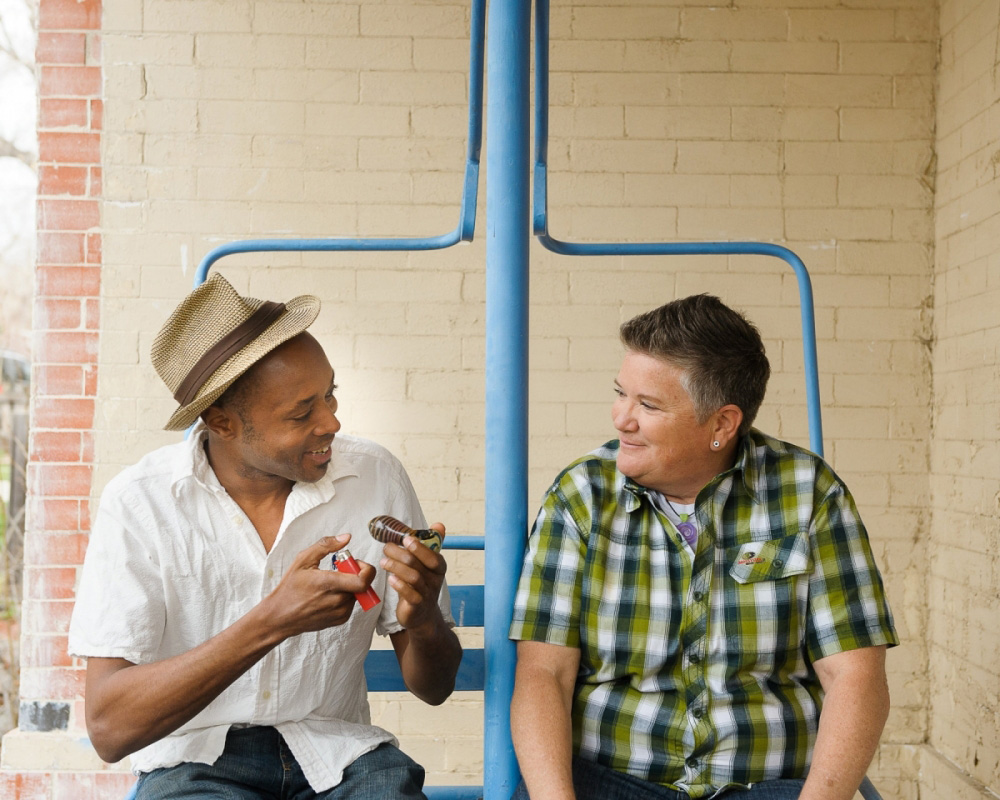
Over 46 per cent of New Zealanders voted to legalise cannabis in landmark referendum
Sophie Stockman
29.10.20
On October 17, New Zealanders took to the polls to vote on a landmark referendum for the legalisation of recreational cannabis. While the preliminary results showed 46.9 per cent voted for cannabis to be legalised, the bill won’t be presented to parliament unless the remaining votes can swing a majority. An estimated 17 per cent of votes are yet to be counted, with final results being released on 6 November.
What exactly does a ‘yes’ vote mean?
The referendum asked New Zealanders to vote on whether they support the proposed Cannabis Legalisation and Control Bill. However, a majority ‘yes’ vote doesn’t mean instant legalisation. Only after the bill is successfully passed through parliament would New Zealand be able to start building the cannabis industry through establishing supply chains, purchasing outlets, licensing, and regulatory bodies.
Who would be able to use cannabis?
While the legal drinking age in New Zealand is 18, the bill sets out that the age restriction for purchasing cannabis would be 20 years and above. This means that people of age would be permitted to buy up to 14 grams of dried cannabis (or equivalent) each day from a licensed business. People over 20 years old would also be permitted to grow up to two plants, with the maximum number per household being four.
How would businesses be regulated?
If cannabis becomes legalised, the bill seeks to regulate all points of the supply chain. Firstly, anyone wanting to sell cannabis or oversee operations would need to apply to a license. The process would include a police check, but less serious offences wouldn’t automatically rule someone out. Once the license is obtained, businesses would be restricted by a cap on the amount that is able to be sold, which could be subject to change over time.
Businesses established for selling or consuming cannabis would not be permitted to grow plants. Places for consumption would be BYO or a combined retail and consumption premises. These venues would have to provide food and drink, but would not be allowed to sell alcohol or tobacco.
What would still be illegal?
The bill does not mean a green light for all cannabis products with many still being prohibited, including cannabis drinks, cannabis products with alcohol or tobacco, products that increase the psychoactive effects of cannabis, cannabis products containing the root or stems, and products that increase the risk of consumption though injectables, suppositories and products for the eyes, ears or nose.
As with alcohol and tobacco, cannabis will also be restricted in other ways with laws around how and where it can be consumed. Certain actions would still be illegal, including:
- Consuming cannabis in public
- Possessing more than 14 grams of cannabis (or its equivalent) in public
- Growing more cannabis plants at home than the individual or household limit
- Growing cannabis in public
- Exposing people under age 20 to cannabis smoke or vape
- Supplying cannabis to people under age 20
- Selling cannabis without a licence
- Importing or exporting cannabis
- Supplying cannabis by mail order or courier
- Breaching the conditions of a licence.
What are the positive outcomes the bill hopes to achieve?
First and foremost, the goal of the bill is to minimise cannabis-related harm in New Zealand to boost public health by regulating the industry. By providing legal access to cannabis, there would no longer be a black market where potency and quality are unregulated. Similar to alcohol and tobacco, ensuring all packaging is equipped with health warnings would provide education on potency and safe consumption. Legalising cannabis would also open up access for health and social support services for those who need it.
Would legalisation cause an increase in usage?
Some opposed to the bill are under the impression that legalising recreational use of cannabis will lead to a spike in the number of people using cannabis. However, cannabis is already the most commonly used drug worldwide. The United Nations estimated that there were 192 million past-year users of cannabis across the globe in 2018, with Australia and New Zealand recording higher than the global average at 10.6 per cent of the population, compared with 3.9 per cent across the global population aged 15-64. This demonstrates that criminalising cannabis use isn’t effective in preventing usage. New Zealand is coming to realise this – will Australia be next?
Preliminary results released on 30 October saw 53.1 per cent vote against the Cannabis Legalisation and Control Bill.
Image Credit:
Darrin Harris Frisby/Drug Policy Alliance
References:
1. Wdr.unodc.org. 2020. World Drug Report 2020. [online] Available at: <https://wdr.unodc.org/wdr2020/field/WDR20_Booklet_2.pdf> [Accessed 15 October 2020].
Sign up
Sign up for movement news and opportunities to get involved
We are building a movement to make drug use legal and safe in Australia so that everyone has a better chance to lead a healthy and happy life.